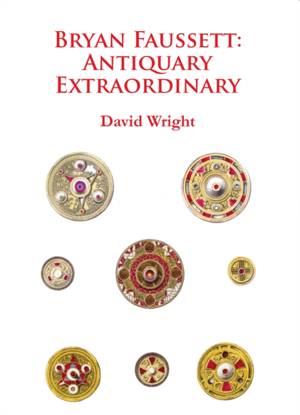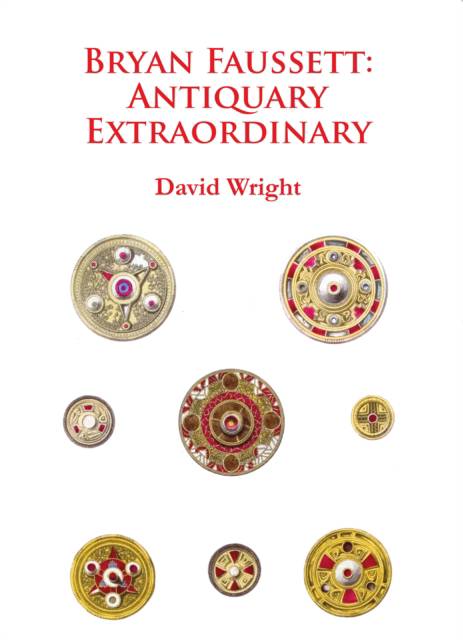
- Afhalen na 1 uur in een winkel met voorraad
- Gratis thuislevering in België vanaf € 30
- Ruim aanbod met 7 miljoen producten
- Afhalen na 1 uur in een winkel met voorraad
- Gratis thuislevering in België vanaf € 30
- Ruim aanbod met 7 miljoen producten
Zoeken
€ 37,95
+ 75 punten
Omschrijving
A biography of Bryan Faussett, F.S.A., (1720-1776), pioneering Kent genealogist, archaeologist and antiquary who, at his death, had amassed the world's greatest collection of Anglo-Saxon jewellery and antiquities. The material was famously rejected by the British Museum, saved for the nation by a Liverpudlian philanthropist, and now resides in the Liverpool World Museum. This episode led directly to the British Museum's setting up departments devoted to British Antiquities. This volume is the first to focus on Faussett, presenting comprehensive genealogical sections on the Faussetts and Godfreys; a history of the family seat near Canterbury; and an introduction to antiquarianism and how the history of the world was imperfectly viewed in the 18th century. A detailed biography of Bryan Faussett's life covers his education, career and scholarly circle, with detailed descriptions of the sites he excavated. Surviving archaeological notebooks offer insights into his working practice, and family account-books reveal a great deal about his personal life and interests.
Specificaties
Betrokkenen
- Auteur(s):
- Uitgeverij:
Inhoud
- Aantal bladzijden:
- 336
- Taal:
- Engels
- Reeks:
Eigenschappen
- Productcode (EAN):
- 9781784910846
- Verschijningsdatum:
- 31/03/2015
- Uitvoering:
- Paperback
- Formaat:
- Trade paperback (VS)
- Afmetingen:
- 173 mm x 244 mm
- Gewicht:
- 793 g

Alleen bij Standaard Boekhandel
+ 75 punten op je klantenkaart van Standaard Boekhandel
Beoordelingen
We publiceren alleen reviews die voldoen aan de voorwaarden voor reviews. Bekijk onze voorwaarden voor reviews.











